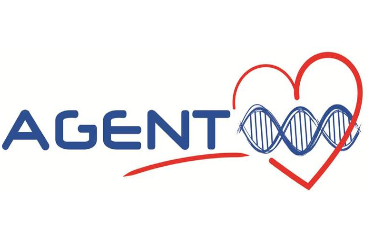
I make a donation

I make a donation

objectif
Transfer of the Serca2a gene via a AAV1 type vector (adeno-associated viral 1) for treating severe cardiac insufficiency.
date de réalisation
2015
nombre de patients
44
nombre de centres participants
5 french centers
type de financement
Public (APHP) and private (Groupe ACTION & Celladon)
Référence
NCT01966887
AAV1-CMV-Serca2a GENe Therapy Trial in Heart Failure (AGENT-HF)
The purpose of gene transfer of SERCA2a is to improve systolic and diastolic function of the failing ventricle. Studies show that reduction of SERCA2a in failing ventricle is a key factor in depression of contraction, and that restoration of SERCA2a levels can improve left ventricular function and remodeling.
The aim of the study is to investigate the effect of an adeno-associated viral vector expressing the sarcoplasmic reticulum calcium ATPase (SERCA2a), driven by the CMV promoter (AAV1-CMV-SERCA2a), on the ventricular remodeling of patients with severe heart failure using multimodality cardiac imaging.
This is a Phase 2 monocenter double blind randomized placebo-controled, parallel study. The study will enroll 44 symptomatic heart failure patients with NYHA IIIb/IV, with left-ventricular ejection fraction of 35& or less receiving an optimal standard medical therapy.
The absence of neutralizing antibodies against AAV1 will be primarily checked. Seronegative patients will be randomized to receive either 1x10e13 AAV1-CMV-Serca2a or a placebo as a single intracoronary infusion. Evolution during the next 6 months of the left ventricular end-systolic volume (measured with a 256-slices CT-scan before injection and 6 months later) will be the primary endpoint. Secondary endpoints will include changes in the LVEF, diastolic volumes, VO2max, Echocardiographic remodeling, BNP, cardiac hemodynamics and biological safety profile.
source clinicaltrials.gov
Publication

En cours
En cours
En cours